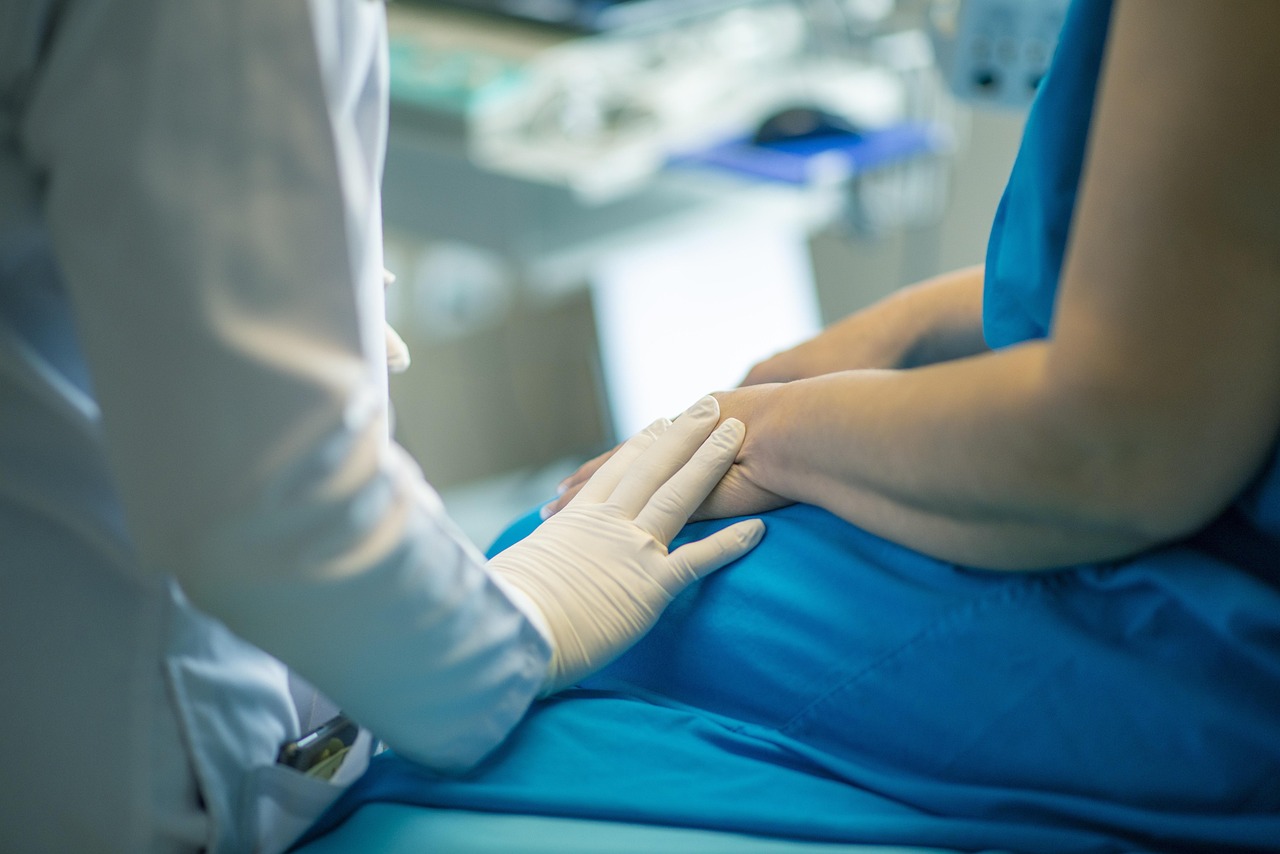02
Dec 2024
Bayside Health to Serve 1.1 Million Victorians
Published in News on December 02, 2024

Peninsula Health Chief Executive Helen Cooper emphasized that the upcoming merger of Alfred Health, Peninsula Health, and Kooweerup Regional Health, set to take effect on 1 January 2026, is a significant step towards enhancing health outcomes for the local community.
“The complementary strengths of the three health services will enable us to provide a full spectrum of care for the 1.1 million people we will serve,” Ms. Cooper said.
While the final name for the new health service will be decided during the establishment phase, this merger is just the beginning. Once fully integrated, Bayside Health will offer "one door" access to a comprehensive range of services supported by a dedicated team of healthcare workers and professionals. The new network will also create opportunities for expanded community involvement in clinical trials and health research.
“Access to specialist care will become easier and more seamless under Bayside Health,” Ms. Cooper added. “The community will experience a more connected healthcare system, with continued top-tier care provided close to home.”
Alfred Health Chief Executive Adam Horsburgh noted that the new network will build on existing collaborative efforts across all three organizations, representing a natural progression in their community-focused work.
“We already share patient pathways with Peninsula Health in services such as surgery, neurology, and cardiology,” Mr. Horsburgh explained. “This positive change will harness the power of partnership, continuing our tradition of collaboration and unlocking new opportunities to enhance care.”
The new health service will span from Melbourne’s south through Bayside, the Peninsula, and into Gippsland.
The first step in the merger process will see Peninsula Health and Kooweerup Regional Health Service working closely together in the coming months to merge their services.
Kooweerup Regional Health Chief Executive Aileen Thoms highlighted the potential benefits for the local community.
“Our patients will gain easier access to specialist care and clinical trials close to home, improving health outcomes. We look forward to keeping the community informed throughout this process,” Ms. Thoms said.
Throughout this transition, the health services will prioritize input from staff, patients, and the wider community.
The board of the three organizations approved the merger in early December, believing that they will deliver safer, more accessible, and more connected healthcare for the expanded community.
This change aligns with the recently released Health Services Plan.









